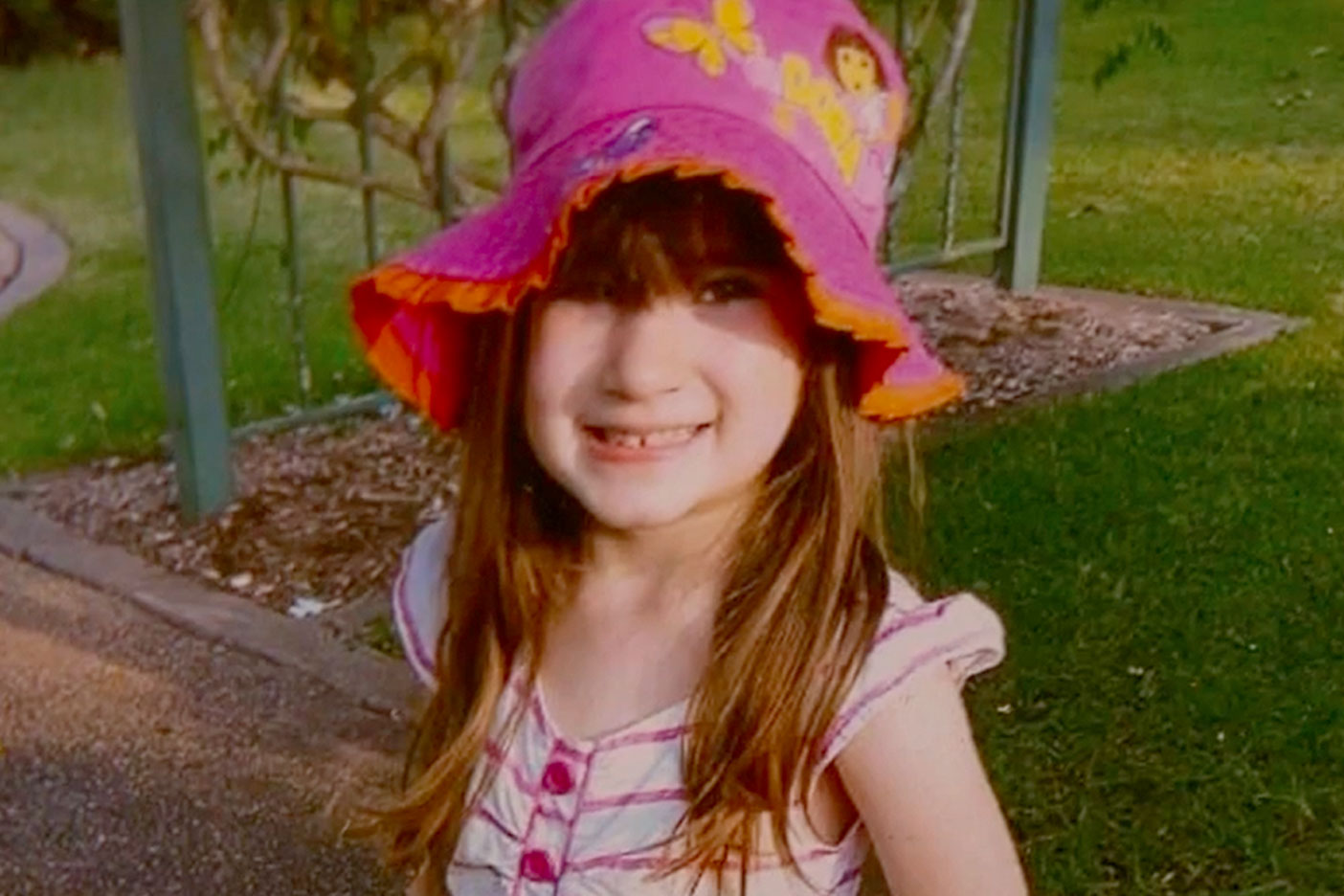
Evidence including thousands of text messages exchanged by a church group accused of killing a young girl can be used to argue the defendants acted with “common purpose”, a judge has ruled.
Eight-year-old Elizabeth Rose Struhs died on January 7, 2022, while lying comatose on a mattress on the floor of her family’s home in Toowoomba, west of Brisbane, after going six days without her prescribed daily insulin shots for type-1 diabetes.
Elizabeth’s father, Jason Richard Struhs, 52, and Brendan Luke Stevens, the 62-year-old leader of her family’s church group, faced a judge-only trial for murder in the Brisbane Supreme Court for the past seven weeks.
READ MORE: Baby dies at Brisbane family daycare
Elizabeth’s mother, Kerrie Elizabeth Struhs, 49, along with 11 other members of the congregation also faced trial charged with manslaughter.
The prosecution finished its case on August 23, but Justice Martin Burns has since been considering legal issues including the Tripodi principle around whether evidence against one defendant accused of a criminal conspiracy can be used against all alleged members.
Justice Burns on Tuesday ruled there was “reasonable evidence” to support the prosecution’s claim that 13 defendants entered a common purpose to “persuade (Jason) Struhs not to administer or have Elizabeth take insulin or to obtain medical care or treatment”.
READ MORE: Man accused of horror scalding attack still at large
The prosecution alleged the 13 other defendants supported Jason Struhs’ decision to stop Elizabeth’s medication as it was in line with their belief that God would heal her.
During the prosecution’s case, Justice Burns was shown thousands of text messages and emails exchanged between two or more of the defendants in the months leading up Elizabeth’s death and in the days afterward.
The judge also heard dozens of phone calls made by the defendants and videos of police interviews Crown prosecutor Caroline Marco submitted, under the Tripodi principle, should be used as evidence of a common criminal purpose.
In a brief judgment on Tuesday, Justice Burns said the prosecution had put forward “ample evidence” of a common purpose even after he rejected some of it.
“I am satisfied that there is reasonable independent evidence of participation in a common purpose,” Justice Burns said.
The judge said the common purpose evidence would not be admissible against defendants Lachlan Stuart Schoenfisch, 34, Samantha Emily Schoenfisch, 26, if it predated September 23, 2021.
READ MORE: ‘Very grim’ survey shows Aussies run out of money before payday
All 14 defendants refused to enter pleas and have represented themselves at trial.
Justice Burns’ judgment today does not infer any defendant in the trial is guilty of any offence.
The trial has yet to conclude and Justice Burns has yet to consider his verdicts for the defendants.
The defendants and Marco are due to respond to a list of exhibits Justice Burns said could be excluded from the trial due to “little or no probative value”.
After the admissibility issues have been settled, the defendants will be asked whether they will call any evidence or witnesses in their own defence.
links to content on ABC
9News





